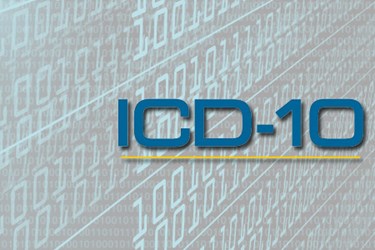CMS To End Flexibility Concessions For ICD-10

By Christine Kern, contributing writer

Concessions granted in implementation of ICD-10 to be eliminated on October 1, 2016.
The Centers for Medicaid and Medicare Services (CMS) has confirmed that, as of October 1 2016, it is ending the ICD-10 coding flexibility policy it implemented last year. CMS has updated a question and answer page to help guide providers on their use of ICD-10 codes which were implemented after much delay and controversy last October.
As the implementation of ICD-10 is approaching its one-year anniversary, CMS announced the end to a concession initially bestowed on providers due to pressure from the American Medical Association and other industry groups. The concession agreed providers would be granted some “flexibilities” for one year following the implementation date, meaning they would not be denied Part B claims as long as they used a code from the correct family of codes.
CMS is also updated ICD-10 code set as of October 1 2016, adding an additional 5,500 codes to the list, as Health IT Outcomes reported. The new codes relate to devices, the addition of bifurcation as a qualifier, additional body parts, and specific does related to congenital cardiac procedures and placement of intravascular neurostimulators.
CMS is confident the elimination of coding flexibility should not pose a problem for providers and noted a recent survey found providers made the switch to the new code set last year with “essentially no adverse effects on coding accuracy,” according to Inside Health Policy.
The policy’s expiration date was confirmed in a questions-and-answers document updated by CMS on August 18 2016. According to the document, the policy will not be extended or phased out, which means the requirement to code to the highest level of specificity will be effective on October 1 2016, without exception. CMS notes, “Many major insurers did not choose to offer coding flexibility, so many providers are already using specific codes” and should not be affected by this policy ending.
ICD-10 coding guidelines for 2016 and 2017 are available on the CMS website. A state-by-state list of ICD-10 resources and contact information, including phone numbers of Medicare administrative contractors and state Medicaid offices, is also available online.
